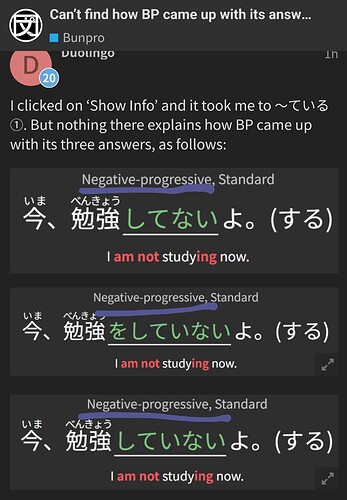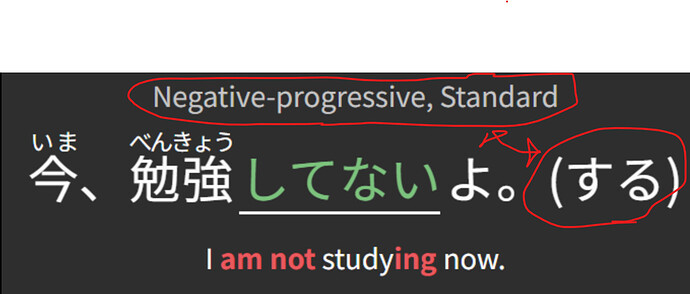As you’ve surmised, you don’t really need to understand grammar at all in order to use a language well, because learning to use a language doesn’t really directly involve learning grammar rules. When you use any language, you don’t have time to consciously construct grammatically correct sentences based on rules that you’ve memorized, that’d take way too long.
Instead, using a language that you’re fluent in happens automatically, it just flows out of you, because your brain has been rewired such that it’s become a part of you. So since your language skill isn’t conscious, it also means you can’t articulate those rules either, or at least not unless you study them separately.
When you’re learning a new language, studying grammar isn’t really required, it’s enough to just use the language for long enough (and in the right way) and it’ll eventually become second nature to you in the same way your native one is. But just diving in and trying to consume a foreign language with no foundation to stand on whatsoever is very slow and frustrating, so studying grammar can help you get a first leg to stand on. Studying grammar is kinda like putting on training wheels, it won’t help you anymore once you become fluent, but it makes getting there faster.




 )
)


 I’ve learned more English during my Japanese journey than Lit. class in school ever taught me lmfao
I’ve learned more English during my Japanese journey than Lit. class in school ever taught me lmfao the uprising has begun
the uprising has begun 
